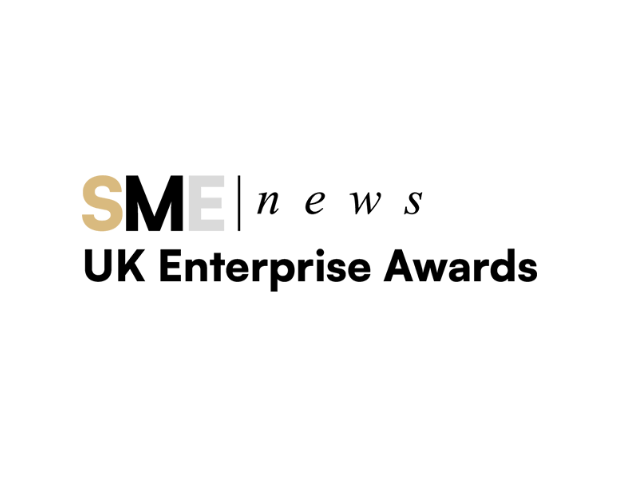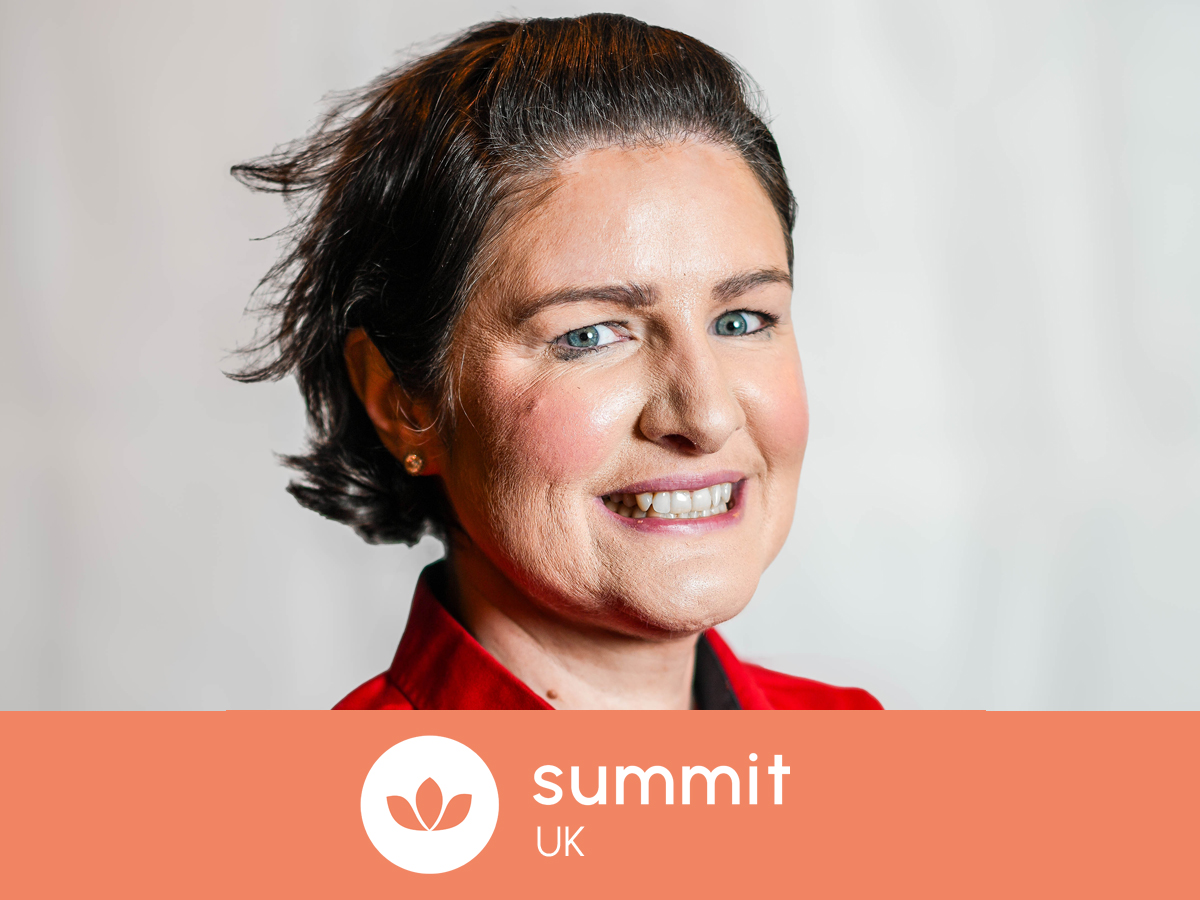
Hazel Kurian is a psychologist with 15 years extensive clinical and EAP experience. She is an Associate Director of Clinical Operations and Diversity at ICAS MENA, with experience in clinical supervision, training and psychotherapy. She is a strong advocate for Wellbeing in the Workplace, and the promotion of positive change. Her areas of clinical interest include working with people from marginalized groups and social advocacy. Based in Dubai, UAE Hazel has been managing clinical operations for GCC and MENA region for over 4yrs. She doesn’t like spiders and enjoys her coffee black with 2 sugars.
We caught up with Hazel in preparation for her involvement in the Wellbeing at Work Middle East Summit on 21-23 February to find out why she is so passionate about wellbeing at work and why she is looking forward to the Summit.
We are thrilled that you will be speaking at our Wellbeing at Work Middle East Summit in February. Our first and most important question is, how are you doing today?
I’m equally thrilled to be part of the Summit! And as I’m currently in Dubai, I can say that I’m enjoying the changing temperatures and starting the year with fresh energy.
As a leader based in the region, what are the main challenges you are facing when it comes to employee wellbeing?
As a psychologist and EAP professional with experience working in Africa and the Middle East, I have noted that employee wellbeing is frequently seen as a ‘tick-box’ exercise, a ‘nice-to-have’ instead of a core function of the workplace and is not high up on the business priority list. Far too often the decision to invest in long-term and meaningful employee wellbeing is not made by the right professionals within companies, or it is a siloed decision. Add to this, the ubiquity of stigma around issues such as mental health, and it can prove a challenge to convince organisations to see the benefits. Historically, the focus has been limited to physical health, as opposed to a broader, more comprehensive and holistic approach to wellbeing. That said, I’ve seen more and more organisations realising the importance of a healthy, happy and engaged workforce and who are investing in their employees’ wellbeing.
What strategies have you seen developing in the region over the past 6-12 months to address health and wellbeing in the workplace?
The pandemic highlighted the value of employee wellbeing and how these priorities should be integrated throughout an organisation, embedded in its culture, its leadership, and its people management. With KSA’s 2030 Vision, the focus on tourism, energy, construction and social and economic reform, we have seen employers highlighting employee wellbeing more so than before as they start to manage the challenge of employee attrition and recruitment. This, in turn, has resulted in internal policy reviews and changes and steps in the right direction.
Why is employee wellbeing so important to you personally?
The quick answer is because I’m a psychologist and an employee myself!
I understand the importance of knowing that the place where I work and spend a significant time of my energy and focus is going to be a place that cares and invests in me and my wellbeing. We’re all seeking a better work and life blend and the long-term benefits of looking after one’s wellbeing is undeniable – and this responsibility should be shouldered by both the individual as well the system in which they find themselves in, including their workplace. Personally, and professionally, I have the opportunity to be an ambassador for workplace wellbeing.
What are you most looking forward to about our event in February?
I’m looking forward to meeting and learning from peers as well the broad range of professionals in the field of employee and workplace wellbeing. I’d be lying by omission if I didn’t say that I’m looking forward to exploring Riyadh and to raise the profile of ICAS MENA, as a leader in promoting health and wellbeing in the workplace.
Tell us, what is your vision for the workplace of the future, in terms of employee engagement, health and wellbeing?
I would love to see the workplace as living academies – places where you go to earn, grow in your career and have access to learning environments. The Singaporean SkillsFuture movement has already launched as a national project, and I’m hoping that all countries that are able to will follow suit.
I also want to see employee wellbeing becomes a strategic agenda item and that a designated Chief Wellness Office sits on the boards to help drive the business achieve these wellbeing objectives. And finally I want to see companies view EW initiatives as vital to the profitability and growth of their business.
What areas do you think employers should be focused on over the next 12-18
months?
Employers should have laser-focus on long-term and meaningful strategic wellbeing plans.
They should identify individuals/teams who can be drivers of this agenda (internal ambassadors of wellbeing initiatives) and should be regularly assessing data (employee trends) and action points.
How has your organisation been leading the way?
ICAS International is one of the top 5 global EAP providers, with ICAS MENA was established in the region in 2010 with a focus on designing a global EAP that catered to the Middle East needs, nuances and cultural sensitivities. We now support 375 corporate clients and over half a million members across the region. We are now recognised as the largest EAP provider and advocate of mental health in the Middle East and KSA is now a key focus of development in 2023 to support the KSA 2030 Vision.
Hazel will be speaking in Riyadh at the Wellbeing at Work Middle East Summit that takes place both live and in-person in Riyadh and Dubai and virtually for the wider region. Further details on the Summit can be found here.



